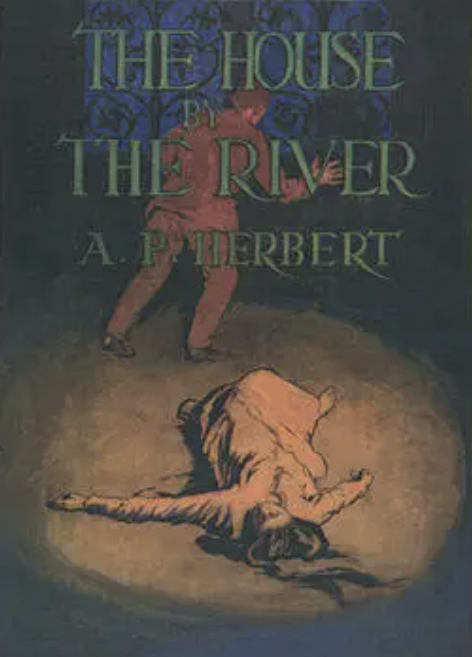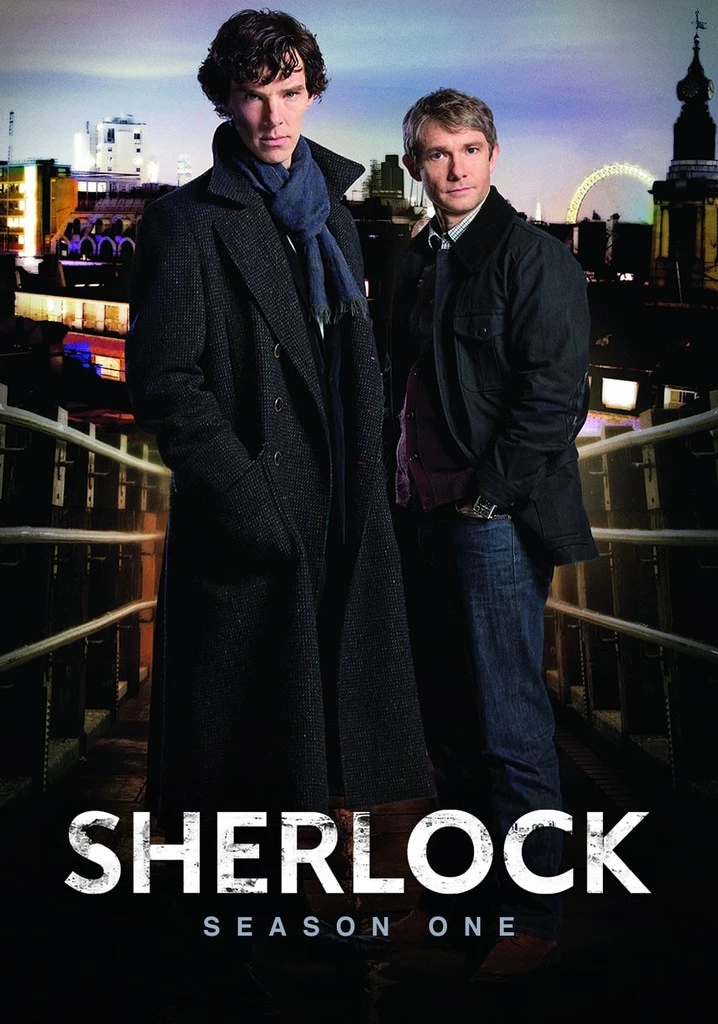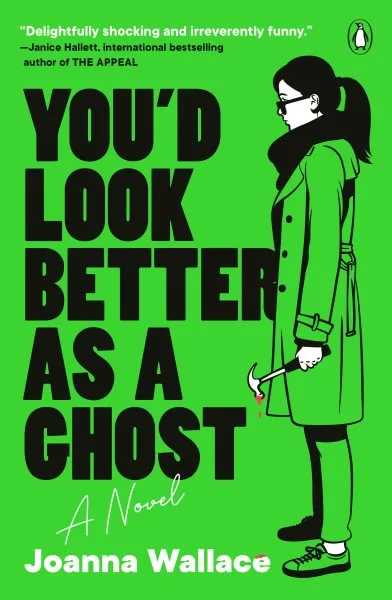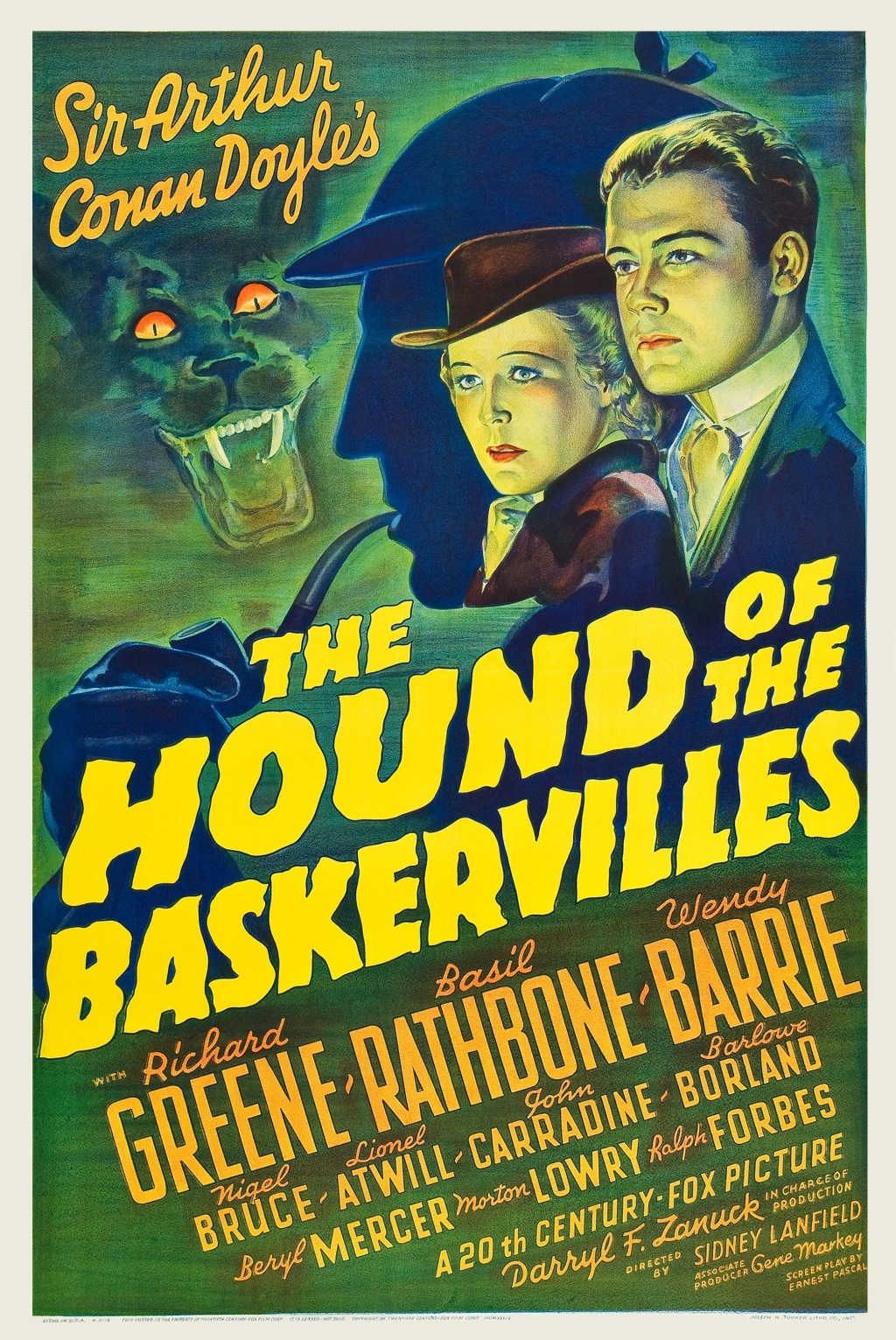
Originally published in 1951
When the prompter falls dead during the second act of Richard Wagner’s Die Walküre during a matinee performance at the Metropolitan Opera, as one can imagine, it causes quite a stir, especially when it is discovered that the deceased, a one time world famous Heldentenor has been poisoned. The detective assigned to the case, Lt. Quentin, finds himself immersed in the back stage drama of professional opera. His task is made more difficult when he decides that it had really been the star soprano who had been the intended victim, and not the prompter. Will he be able to solve the case before there is another Metropolitan Opera Murder?
The Library of Congress Crime Classics range is a curious one. I strongly approve of the notion, advocated in the introductions to the titles, that crime fiction – being the most popular of the genres of fiction – can be a valuable window into our shared past. The idea that through exploring the background to these stories and the many cultural references contained within we can learn more about our past. Crime and mystery fiction has deserved that sort of a spotlight and it is lovely to see a range set about exploring those ideas through the sort of detailed annotations and historical contexts you see given to these titles.
Looked at through that lens, The Metropolitan Opera Murders is a really solid selection. It not only presents an insider’s view of life in and around the opera house, it is also one of the earlier examples of a mystery supposedly written by a celebrity. In this case Traubel, a renowned opera singer of her time, was apparently assisted by Harold Q. Masur who would go on to become a founder member and future President of the Mystery Writers of America.
The problem with that, as noted in both the book’s introduction and in the Reading Guide, is that as a mystery novel it is hardly deserving of the ‘classics’ label. I do not feel inclined to disagree with the critics of the time who found it ‘definitely second rate’, though I think it does offer a few points of interest that given its brevity may make it worth a glance.
The story concerns a prompter who dies when he consumes a poisoned drink during a performance of Wagner’s Die Walküre. The police inspector, Lt. Quentin, soon learns that this is not the first strange event that has taken place in the Metropolitan Opera House, many of which seem to be centered on one of its leading stars. Was the prompter intended to die or was this another attempt on her life that just didn’t go to plan?
There is no doubt that the setting itself is drawn very well, giving a good sense not only of the opera house as a space but of the personalities of the different people connected with it. There are concerns about its funding with an individual donor being leaned heavily upon because of his personal connections with it, and much discussion about how singers’ careers might be started or grown. Those who come to the book hoping for those sorts of informed details will likely be content though I suspect that there will be little new information for those sufficiently immersed in that world.
Those who are new to the world of opera need not worry however as while the book is set in that world, no knowledge of it will be required to solve this case. After introducing us to the company and some of the people associated with it, we find ourselves on the familiar grounds of exploring professional rivalries, backstage passions and possible jewel thefts.
The question of how the prompter was poisoned during the performance is a simple one and resolved pretty much instantly and so the early chapters of the book focus on the question of motive. Was the prompter really the intended victim? If so, do we have two criminals at work or is there some connection between the various crimes.
The solution to the story offered few surprises thought it was not without some points of interest. One critical element struck me as being pretty novel but as it is only revealed in the final few pages I can’t provide any details about it. I suspect the reason that the book disappointed contemporary critics as a mystery is that there isn’t much misdirection and many of the characters read a little two dimensionally. Instead of trying to baffle the reader through complexity, the author opts instead to try to tell the story at speed, giving little room to breathe between each reveal.
I had already hinted earlier that the book is rather short (the 184 pages contain a lot of half pages and some lengthy annotations) and this choice makes that all the more apparent. We rattle through the situation so quickly that it reads more like a thriller than a detective story, perhaps not helped by some plot points that feel like they belong to that genre too. It lends the book a page-turning quality but those looking for a well-clued mystery with a focus on the deductive process will likely be a little disappointed.
The Verdict: The Metropolitan Opera Murders is a title perhaps best approached with lowered expectations. It can be a fun and entertaining quick read but it is ultimately quite a shallow one. Those with a curiosity about the operatic setting or an appreciation for theatrical mysteries will get the most out of this.




Leave a comment